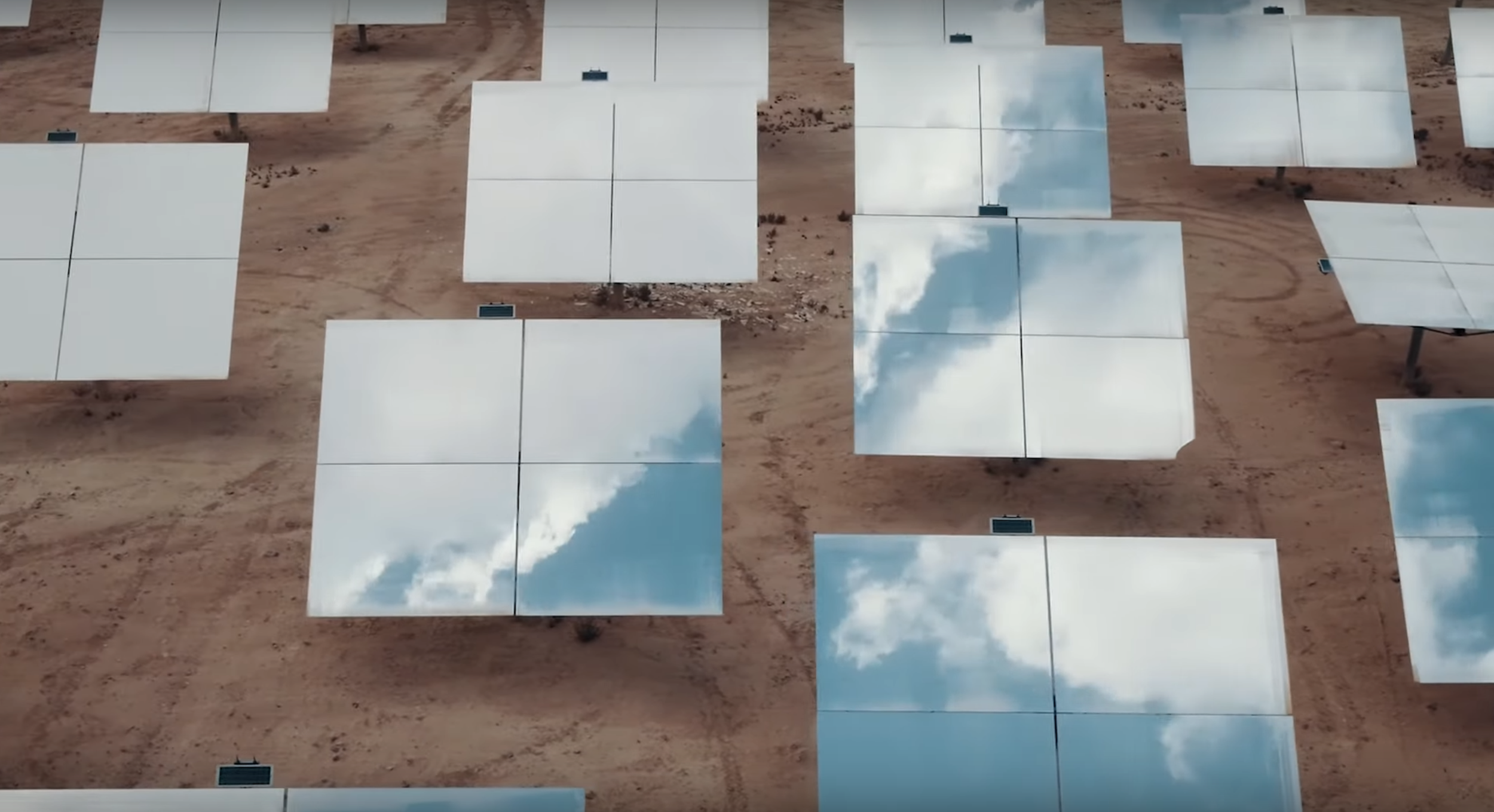We’ve all heard writing is rewriting. I went through four drafts and three rounds of revisions and notes before we landed the balance of message and length.
Writing for voice is different than writing for screens. It’s closer to monologue writing. I found myself listening for cadence and pauses.
Each section needs to be concise. There’s scant room for detail in a VO.
There are sections I wrote on fracking, coal mining, wind farms, and net zero carbon emissions that didn’t make the final. I loved researching and crafting those sections, but in the end, a first draft is a hunk of clay. You have to keep chiseling until it’s the right form factor.
Copy is designed for distribution. It’s no longer yours at the end. You’re ghostwriting for stakeholders.
My personal philosophy on this, and I have one because I’ve written mountains of copy over the years, is to try to enjoy the heck out of that first draft. Pour beauty and care into it, even on deadline, because it only gets more impersonal from there. If it’s available, start early. You’ll breathe air and light into your passages; that will pass onto the reader. There’s a density to writing at the last minute: in your head, in your nerves. It feels awful.
The discipline of starting early makes you a better writer. That’ll pay dividends on other deadlines. It will also give you the space to revisit what you wrote. Time away is an amazing copyeditor.
Also—and this is huge—if you start early, you give everyone else downstream a chance to make their contribution better.
The team at Powur did a knockout job placing and editing visuals to go with the copy. Though I don’t personally love the final voiceover delivery—it sounds a tad anaerobic to my ears—I appreciate that time constraints were likely involved, either for the voice actor or the editor. I like room tone and air space, but everyone’s preferred pace of delivery is different.
PR and copywriting are collaborative. I have learned, and continue to learn, to accept others’ contributions with encouragement and welcome.

